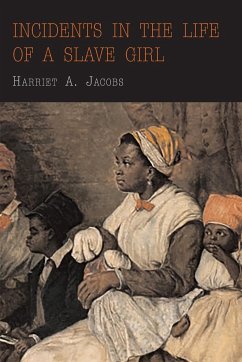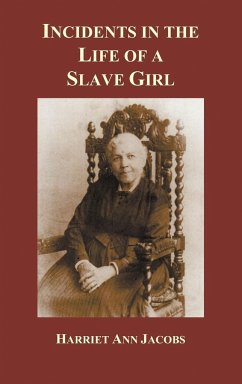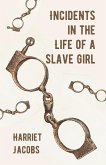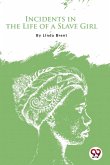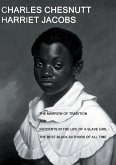2019 Reprint of 1861 Edition. A haunting, evocative recounting of her life as a slave in North Carolina and of her final escape and emancipation, Harriet Jacobs's classic narrative, written between 1853 and 1858 and published in 1861, tells firsthand of the horrors inflicted on female slaves. In writing this extraordinary memoir, which culminates in the seven years she spent hiding in a crawl space in her grandmother's attic, Jacobs skillfully used the literary genres of her time, presenting a thoroughly feminist narrative that portrays the evils and traumas of slavery, particularly for women and children. As an African-American novel and historical artifact, Incidents constituted a critical intervention into the early African-American literary canon and African-American historiographies of slavery by highlighting the experiences of black women under slavery. Before black feminist challenges to the African-American literary and historiographic canons in the 1970s and '80s, the former and the latter foregrounded themes of slavery, racism, social inequality, and black cultural resistance, but failed to highlight the specific exigencies faced by black women under slavery; namely, institutionalized rape and reproductive violence. Thus, Incidents, along with other black women's novels and historiographies, directed critical attention to the ways in which race and gender interacted in the lives of black bondswomen to produce gender-specific conditions of unfreedom.2019 Reprint of 1861 Edition. A haunting, evocative recounting of her life as a slave in North Carolina and of her final escape and emancipation, Harriet Jacobs's classic narrative, written between 1853 and 1858 and published in 1861, tells firsthand of the horrors inflicted on slaves. In writing this extraordinary memoir, which culminates in the seven years she spent hiding in a crawl space in her grandmother's attic, Jacobs skillfully used the literary genres of her time, presenting a thoroughly feminist narrative that portrays the evils and traumas of slavery, particularly for women and children. As an African-American novel and historical artifact, Incidents constituted a critical intervention into the early African-American literary canon and African-American historiographies of slavery by highlighting the experiences of black women under slavery. Before black feminist challenges to the African-American literary and historiographic canons in the 1970s and '80s, the former and the latter foregrounded themes of slavery, racism, social inequality, and black cultural resistance, but failed to highlight the specific exigencies faced by black women under slavery; namely, institutionalized rape and reproductive violence. Thus, Incidents, along with other black women's novels and historiographies, directed critical attention to the ways in which race and gender interacted in the lives of black bondswomen to produce gender-specific conditions of unfreedom.

